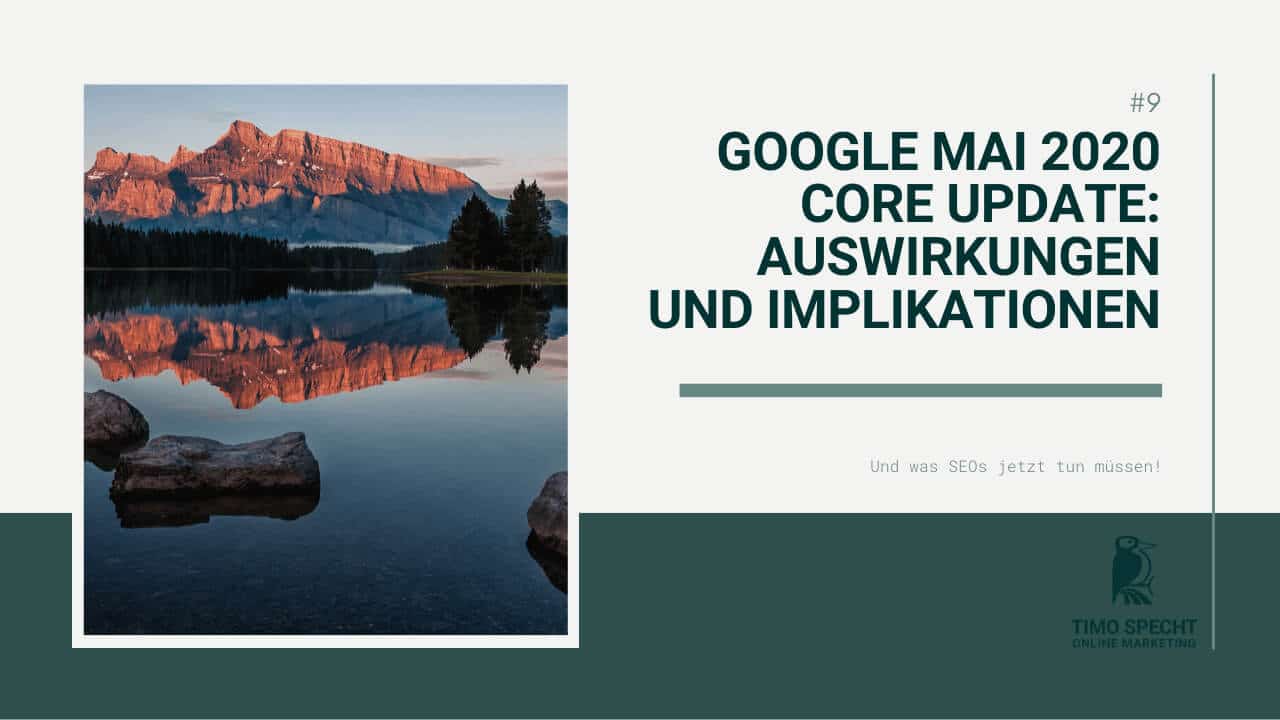Who has gained from the update?
A good indication of which websites have gained from the Google May 2020 Core Update is provided by the Sistrix tool. The provider's visibility index provides information about how findable a website is on Google.
For a large number of search terms, it was also reported that major sites such as Chip, Computerbild or Spiegel had made gains despite some thin content. In fact, it happens again and again that the big players slide to the front of the SERPS at the start of an update.
However, not only absolute authority domains have performed well in the new GOOGLE UPDATE . Instead, it looks as if the search engine's algorithm is now even better at recognizing user signals and rewards this with better rankings - even if the content is crisp and does not cover every topic in epic breadth.
-
Free
SEO strategy meeting
In a free SEO strategy talk, we uncover untapped potential and develop a strategy to help you become more successful on Google.

- More organic visibility
- More organic visitors to your website
- More inquiries & sales
Who lost due to the update?
Local search results in particular have been shaken up in the first half of the year. Some people speculate that this may also have to do with Covid-19 and not necessarily be a direct result of the core update, as the lockdown has led to a reduction in "check ins".
The losers of the update are once again pages that have too little content quality and thus also have a low dwell time. So-called hub pages are particularly affected this time. These are, for example, overview pages on certain topics that - taken on their own - simply do not radiate enough relevance.
It turns out that sites with very thin and less user-focused content have lost out. This affects many smaller affiliate projects, for example. Although these are often very extensive in terms of text, this does not always match the user's intention - especially with transactional keywords. In addition, affiliate pages rarely fulfill the E-A-T scheme (Expertise, Authority & Trust), which seems to be becoming increasingly important.
This is what SEOs should do now!
With the May 2020 update, Google has not turned the game of search engine optimization on its head. It is still the case that you have to offer the best content to outrank the competition. A certain level of authority & trust helps of course, but this should come about naturally.
As SEO FREELANCER I can recommend the following: Before investing a lot of budget in (dubious) backlinks, website operators should put the content on their own site through its paces. Here often with targeted additions can always get something out.
Google's updates always aim to improve the user experience. They don't always succeed right away, and in some industries Google's course correction has tended to make things worse. For some search terms, authority domains with rather thin content were able to achieve top positions.
However, one should not be tempted to hectic actions and question the entire SEO concept. As a website operator, you should instead remain true to your plan and continue to focus on the user in particular. In the long run, Google will definitely honor this - because the next update is sure to come!
- Do you know my SEO newsletter?
Register now and receive regular tips from the experts.

